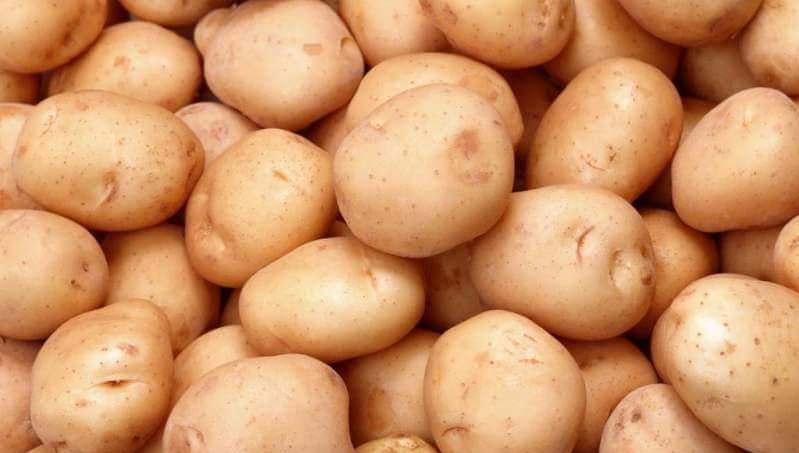Potato Power: The Sweet and Sour Side of Daily Spud Consumption

Mumbai, 26th March 2025: The humble potato, a staple in many diets worldwide, has long been celebrated for its versatility and nutritional value. However, as we mark another International Day of Potato, it’s crucial to examine both the benefits and potential drawbacks of incorporating this tuber into our daily meals.
Potatoes are a nutritional powerhouse, packed with essential vitamins and minerals. They are an excellent source of vitamin C, potassium, and vitamin B6, offering more than 25% of the recommended daily value of vitamin C and 100% of the RDA for vitamin B6 in just one large baked Russet potato with skin. The high potassium content in potatoes, surpassing that of bananas, may contribute to lower blood pressure and reduced risk of heart disease.
However, the daily consumption of potatoes is not without its concerns. A renowned nutritionist from Mumbai, cautions, “While potatoes are nutritious, their high glycemic index can cause rapid spikes in blood sugar levels, which is particularly concerning for individuals with diabetes or insulin resistance.” She adds that portion control is key, especially since many potato dishes are prepared with added fats.
Health Benefits
-
Heart Health: Potatoes contain minerals and plant compounds that may help lower blood pressure, with their high potassium content being particularly noteworthy. Several studies have linked high potassium intake to a reduced risk of hypertension and heart disease.
-
Antioxidant Powerhouse: Potatoes are rich in antioxidants, including flavonoids, carotenoids, and phenolic acids. These compounds help neutralize free radicals and may reduce the risk of chronic diseases such as heart disease, diabetes, and certain types of cancer.
-
Digestive Health: The fiber in potatoes, particularly the resistant starch, acts as a prebiotic, promoting gut health. This can help prevent or treat conditions like constipation and irritable bowel syndrome.
Potential Drawbacks
- Weight Management Challenges: Potatoes are calorie-dense and often prepared with added fats, which can contribute to weight gain if consumed in large quantities. The nutritionist emphasizes, “Moderation is key. While potatoes can be part of a balanced diet, relying on them as a primary food source may lead to overconsumption of carbohydrates and calories.”
- Blood Sugar Concerns: The high glycemic index of potatoes can cause rapid spikes in blood sugar levels, which is particularly problematic for individuals with diabetes or insulin resistance.
- Nutrient Imbalance: Overreliance on potatoes may lead to a lack of dietary diversity. A dietitian from Mumbai, warns, “Exclusive consumption of potatoes can result in nutrient deficiencies, as they lack a comprehensive nutritional profile despite being rich in certain vitamins and minerals.”
In conclusion, while potatoes offer numerous health benefits, including heart health support and antioxidant properties, their daily consumption should be approached with caution. Experts recommend incorporating a variety of vegetables in one’s diet and practicing portion control when it comes to potato intake. As we celebrate the International Day of Potato, it’s essential to recognize both the virtues and potential pitfalls of this beloved tuber, ensuring a balanced approach to its consumption for optimal health.








